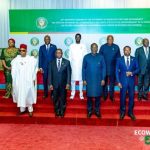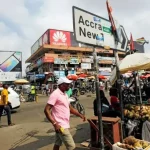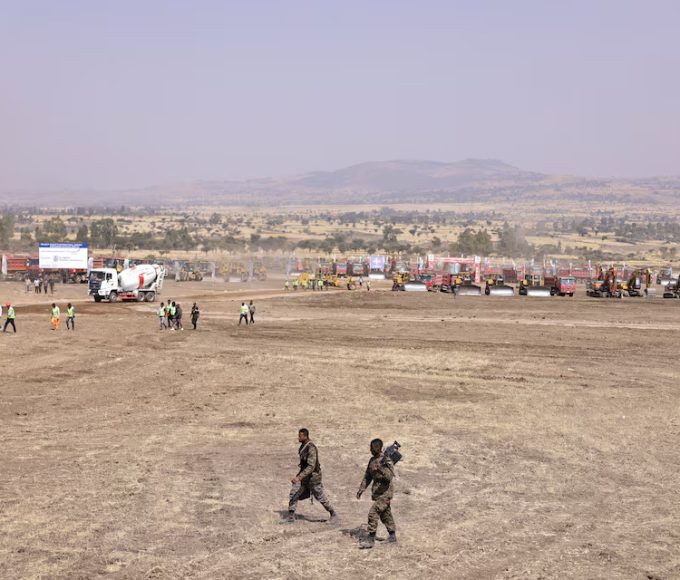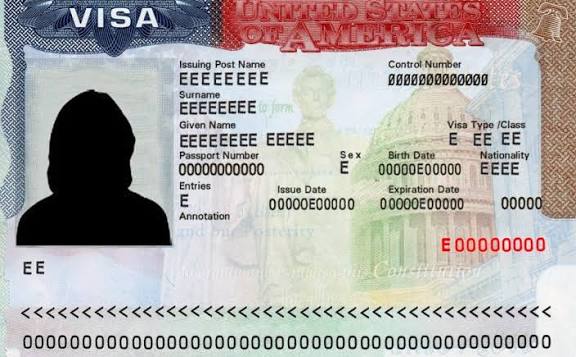
The Cost of Uncertainty: Why Global Visa Reforms are Long Overdue

Across Africa, millions of hopeful travellers, students, tourists, job seekers, and professionals are coughing up large sums for visa applications, only to be met with rejection. For many, the heartbreak is not just about a denied opportunity; it is about the financial toll that comes with no guarantees, no refunds, no dignity and integrity.
According to the 2024 Africa Visa Openness Report, Africans spend at least $70 million annually on visa application fees to countries in the Global North. However, the rejection rates average between 35 and 54 per cent, especially for applicants to the UK, Schengen Zone, Canada, and the U.S.; much of that money ends up as unwilling donations to foreign embassies.
In 2024, the UK realised at least £50.7 million in rejected visa fees, with Nigeria accounting for about 50,376 of the rejections, with a 45.9 per cent rejection rate. Similarly, in 2023, the EU received an estimated €130 million from rejected visa applications, with Africans contributing approximately €56.3 million of this total.
These visa fees, often ranging from $100 to $300 per application, are non-refundable, even in the event of refusal. Students from Africa are twice as likely to be rejected compared to applicants from other regions, even when presenting similar documents.
No Refunds, No Discounts: A System that Keeps Taking
Currently, no country offers partial or full refunds on rejected visa applications, and applicants must pay the full fee again if they wish to reapply, regardless of how insignificant or unjustifiable the initial reason for refusal may have been.
Many have called for partial refunds following the rejection of applicants or a discount on the re-application fees, and transparent rejection feedback to avoid repeated errors. Despite these increasing calls for new reforms, most embassies continue to uphold rigid, one-sided policies.
Sacrifices and the Psychological Toll
What is rarely talked about is the emotional cost of visa rejections.
For many applicants, especially Africans, securing visa fees means months of saving, borrowing and selling off prized family assets from livestock to land, to chase a dream or a life-changing opportunity.
Some individuals go to unimaginable lengths to secure these fees, only to be rejected without tangible reasons. Students take out loans that they cannot repay if their study plans fall through. Families pool resources, believing one member’s success will help lift the rest.
Alas, aspiring migrants face humiliation and shame after being denied, often with vague or no clear reasons, most times leaving them stranded with huge debts to settle and lives to rebuild.
The psychological impact is profound; disappointment, self-doubt, and depression are common among applicants who were rejected. For those who believed they had done everything right, the rejection can feel like a personal attack or even a judgment of their worth.
This emotional trauma, compounded by financial loss and the burden that trails behind, leaves many disillusioned. Worse still, repeated rejections can discourage future attempts, robbing Africans of the global exposure and exchange they desperately need.
The Economic Cost to Africa
This is not just an individual problem; it is systemic. Multiply the average $200 visa fee by thousands of applicants, and the numbers are jaw-dropping.
Beyond personal losses, educational opportunities vanish for students who cannot get clearance to study abroad, even when fully funded. Entrepreneurs also miss deals, conferences, and investment pitches due to travel denials. Skilled professionals often miss out on valuable global exposure and training opportunities due to these rejections.
Experts estimate that Africa loses not only tens of millions in application fees, but hundreds of millions in missed opportunities and untapped human capital.
Why Are Many Visas Denied?
Visa refusals are often based on vague or subjective criteria, if not racial. They cite reasons such as “Lack of strong ties” to home countries, “Insufficient funds”, even when applicants present legitimate bank statements, and “Unclear travel purpose” are frequently cited without adequate explanation.
Critics argue that African applicants face systemic bias; their applications are viewed with scepticism, unlike their Western counterparts, who are granted easier and quicker access with less documentation. This unbalanced scrutiny reinforces the discriminatory and outdated idea that Africans are not trusted travellers.
The Case for Reform
The visa system, as it stands, is profoundly flawed and painfully unjust to African applicants. There is an urgent need for a global visa accountability framework, transparent publishing of rejection data and reasons, a refund or re-application discount policy and reciprocal visa negotiations between African and Western governments.
Africans should not have to pay to be humiliated. The current visa regime is draining not just money, but hope, ambition, and opportunity from a continent already striving against numerous odds.
If global travel is meant to be a bridge and not a barrier, then fairness, transparency, and reform must guide the way forward. Behind every rejected visa is a human being with dreams, and a continent that cannot afford to keep paying for disappointment.
About The Author
Related Articles
Africa’s Largest Airport Takes Shape as Ethiopia Commences $12.5bn Build
Ethiopia has officially begun work on a massive new airport that officials...
ByWest Africa WeeklyJanuary 12, 2026Cape Verde Ends Visa on Arrival for Citizens of 96 Countries
Cape Verde has suspended its visa-on-arrival policy for nationals of 96 countries,...
ByWest Africa WeeklyJanuary 3, 2026Mali and Burkina Faso Impose Reciprocal Travel Curbs on U.S. Citizens
Mali and Burkina Faso have announced reciprocal travel restrictions on citizens of...
ByWest Africa WeeklyDecember 31, 2025Aircraft Crash Landing at Imo Airport Leaves Four Hospitalised
An aircraft operated by a domestic aviation company crash-landed at the Sam...
ByWest Africa WeeklyDecember 17, 2025












Leave a comment